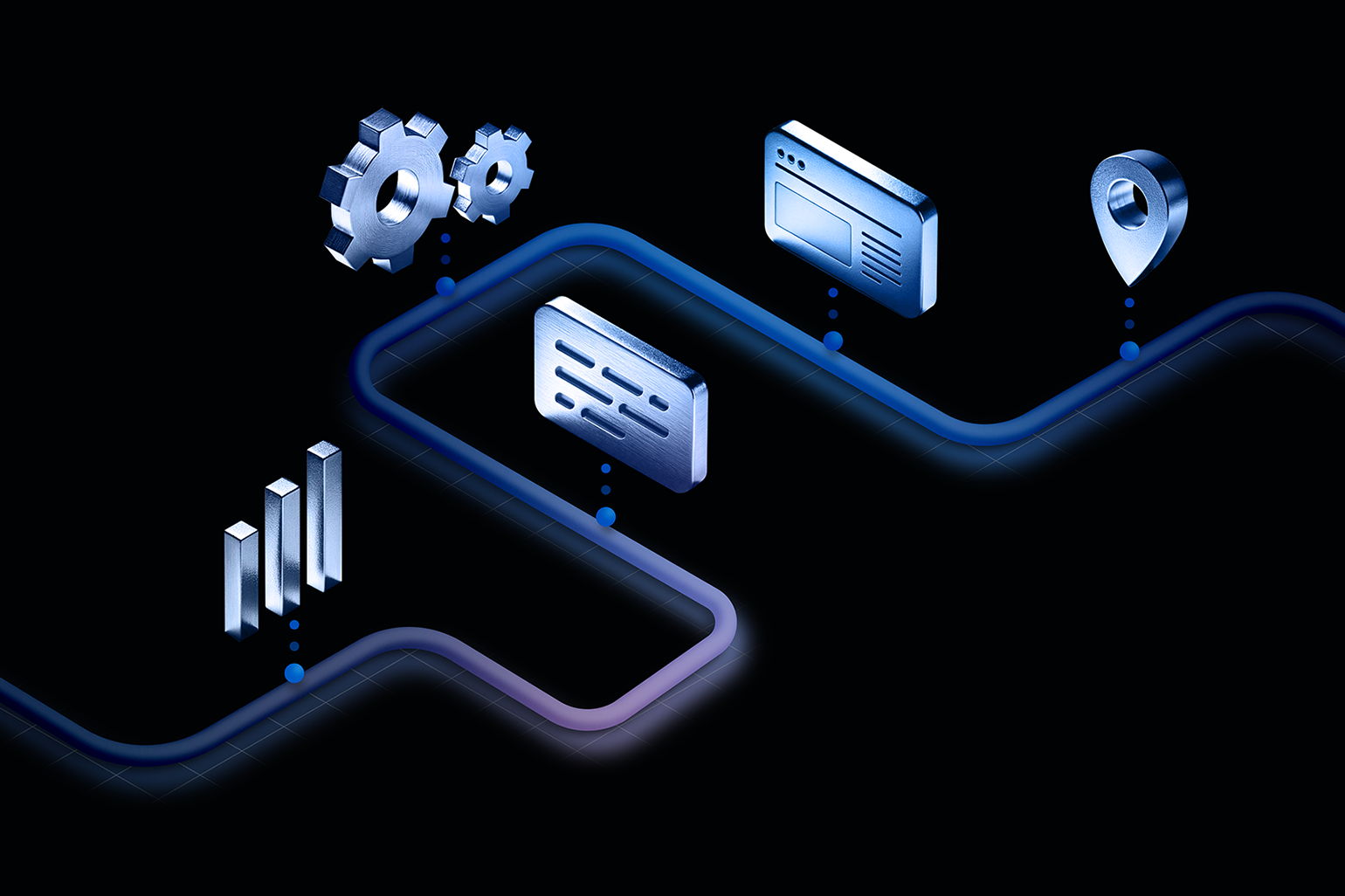Optimizing Security, Performance, and SEO
Time is of the essence for websites built on Drupal: Drupal 7 reaches end of life in January 2025, Drupal 8 is already expired, and Drupal 9 expires in November. That means organizations have a crucial decision to make: Upgrade to Drupal 10 or migrate to another content management system (CMS), such as WordPress? In either case, websites on Drupal 7 will need a full rebuild, making this an opportune time to weigh the advantages of migrating to WordPress.
NJI has a long and productive history working with both Drupal and WordPress, managing hundreds of website migrations and transitions over the past 15 years. Throughout our work, we’ve identified benefits of each CMS and guided clients in choosing a platform that best meets their needs.
For many clients, we recommend WordPress because of its significant advances in performance, security, and search engine optimization. This—coupled with faster implementation timelines, significant capabilities from the open-source community, and an intuitive, user-friendly interface—makes it the ideal CMS.
As of July 2023, 63.2% of the CMS market share use WordPress while 1.7% use Drupal. Here’s why.
Security
Both WordPress and Drupal have made significant strides in security and performance in the past decade. WordPress places a strong emphasis on security, regularly releasing updates to address vulnerabilities and enhance security measures. Its large community of developers actively contributes to the platform’s security. While Drupal also prioritizes security, WordPress’s popularity often means it receives quicker attention and updates in response to emerging threats.
Some have argued that WordPress’s vast third-party ecosystem introduces vulnerabilities that are less prevalent in Drupal sites. But the reality is that security threats are more likely to exist in older sites, such as personal blogs that are not updated, or sites that use page builder add-ons. Custom-built sites—like all the sites NJI has built—prioritize security and have regular updates and maintenance to proactively mitigate any potential vulnerability.
Confidence in WordPress is evidenced by the fact that it’s the platform of choice for many federal websites, including those of U.S. embassies, the 2020 Election, and the Department of State. Global brands that trust WordPress include Disney, CNN, Sony, Meta, Etsy, Microsoft, and Vogue.
Cost and Implementation Time
One of the many advantages to WordPress is the ability to implement features quickly and at a lower cost. On Drupal, features take more time to build and therefore cost more as well. For example, When White House migrated its website from Drupal to WordPress, it saved an estimated $3 million a year. Interested in learning more? Reach out to an expert on our team to learn which CMS will best meet your needs.
Performance and Search Engine Optimization
Both Drupal and WordPress sites have built-in SEO features and perform equally fast (assuming you’ve optimized the page build, plug-ins and themes, and third-party connections). However, WordPress offers more plug-ins to help you easily optimize content. WordPress also has built-in tools such as Mailchimp and Google Analytics.
Content Management Interface
WordPress’s interface is intuitive and user-friendly. It’s relatively simple to set up and manage a site, even without extensive technical knowledge. The content editing experience is simple and streamlined, and a diverse array of features and plug-ins makes management a breeze for administrators. In addition, because WordPress has such a wide base of developer knowledge and support, it’s also quick to make updates.
Drupal, on the other hand, offers flexible solutions but has a higher learning curve for administrators and editors. It provides more advanced user role and permission settings than WordPress, making it easier to manage large teams and granular access control. Another standout feature of Drupal is its ability to create various types of content and custom views. This is more complex in WordPress and often requires additional plug-ins or coding.
Plug-Ins and Application Programming Interface (API)
WordPress boasts a vast library of plug-ins, offering a wide range of functionalities and features. This lets users easily extend their websites’ capabilities without extensive coding or development work. The availability of plug-ins is much higher compared to Drupal, which gives WordPress users greater flexibility in customizing their sites.
Drupal puts more emphasis on an API-first architecture, so it is built to interact cleanly with other systems, third-party applications, or frameworks. WordPress can do this as effectively.
Multilingual Capabilities
WordPress supports multilingual websites through plug-ins such as WPML (WordPress Multilingual) and Polylang. These facilitate the translation and management of content in various languages, making WordPress suitable for global projects.
Drupal introduced built-in multilingual support in Drupal 9, and all new versions can easily translate website content into different languages. However, Drupal’s built-in multilingual support has fewer features than WPML.
Community Support and Development
WordPress has a significantly larger user base and community compared to Drupal. This means more online resources, forums, tutorials, and community support. Finding help, troubleshooting issues, and accessing resources are generally easier for WordPress users.
WordPress also has a robust development cycle, with more frequent updates and releases. As of March 2020, there have been nine major WordPress releases and two major Drupal releases, demonstrating WordPress’s ongoing commitment to enhancing features, security, and user experience.
For all these reasons, NJI finds that WordPress offers numerous benefits for many clients, including faster development time and easier administration interface, whereas Drupal is better suited for businesses that need complex site capabilities and have the extensive internal resources and expertise to support them.
For websites built on Drupal 7, now is the time to act. Waiting will increase your website’s risk of security threats and vulnerabilities, as well as the work and costs to upgrade in the future.

